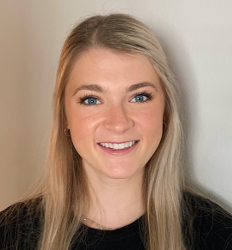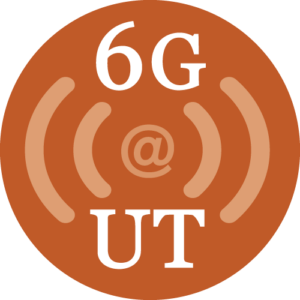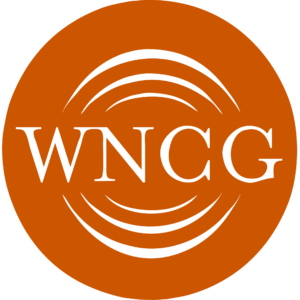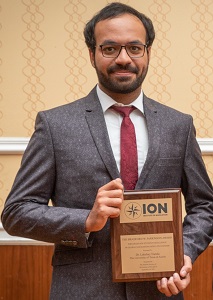November 2021: RNL member Hailey Nichols won first place in the Female Founder Pitch competition for their Graduate/Postdoc category. In each of their categories the first place prize was $7,500 and the second place prize was $2,500.
The pitch was for her startup Locus Lock, which offers a robust software-defined radio (SDR) for precise positioning, navigation, and timing (PNT). The goal is to offer a high-integrity, centimeter-accurate, real-time positioning and globally available product at a low cost.
The top 10 winning participants from the competition are competing again in March 2022 for the grand prize event where they pitch directly to a panel of judges—including Austin entrepreneur Kendra Scott—for a chance at an additional cash prize of $10,000. To read more about it see the article from the WNCG here.











